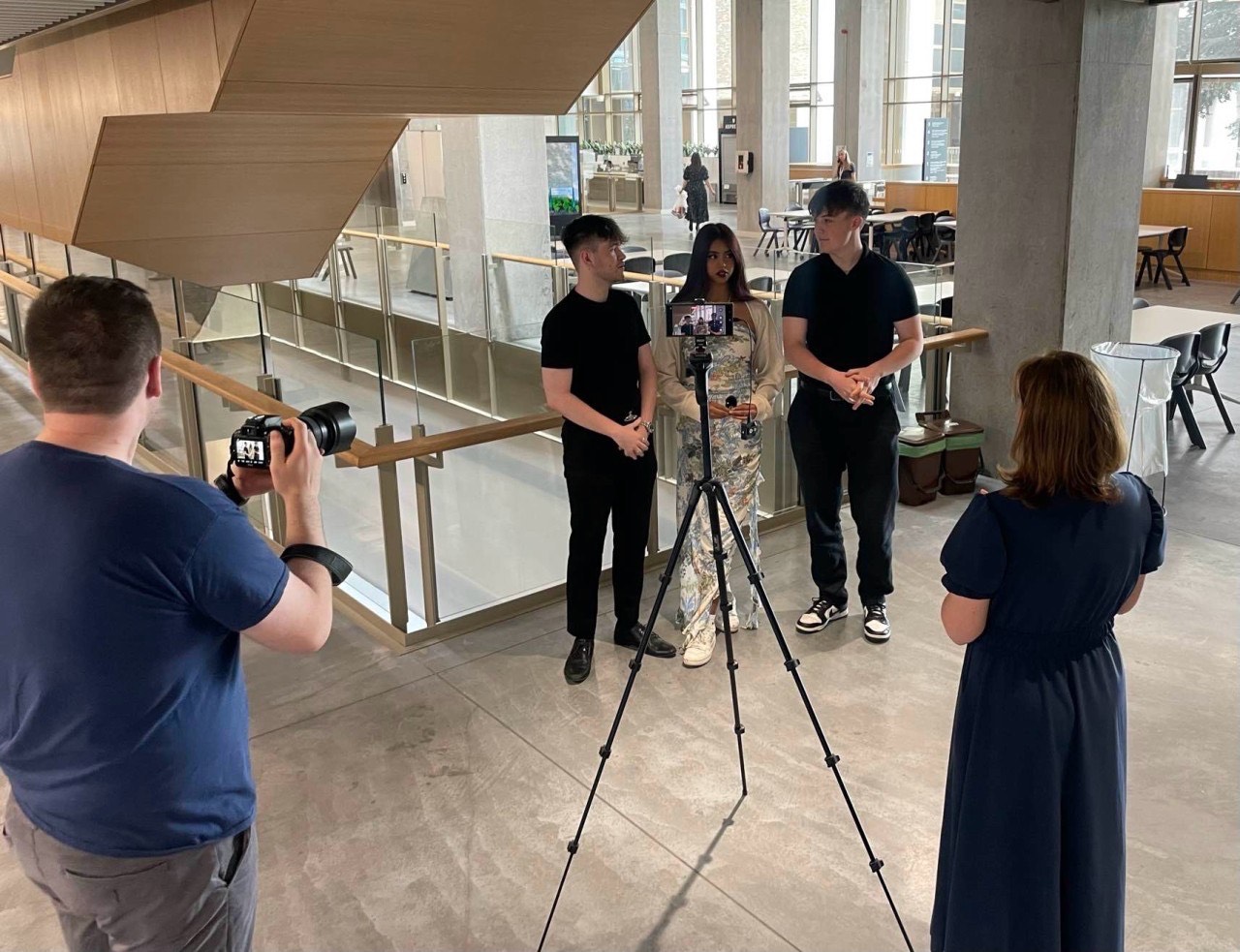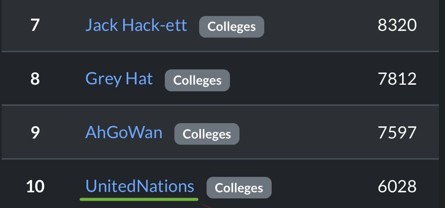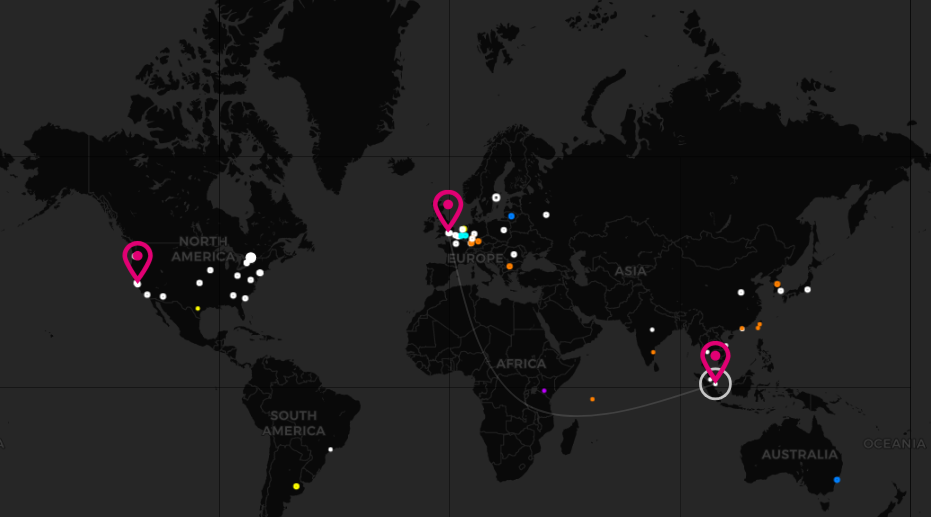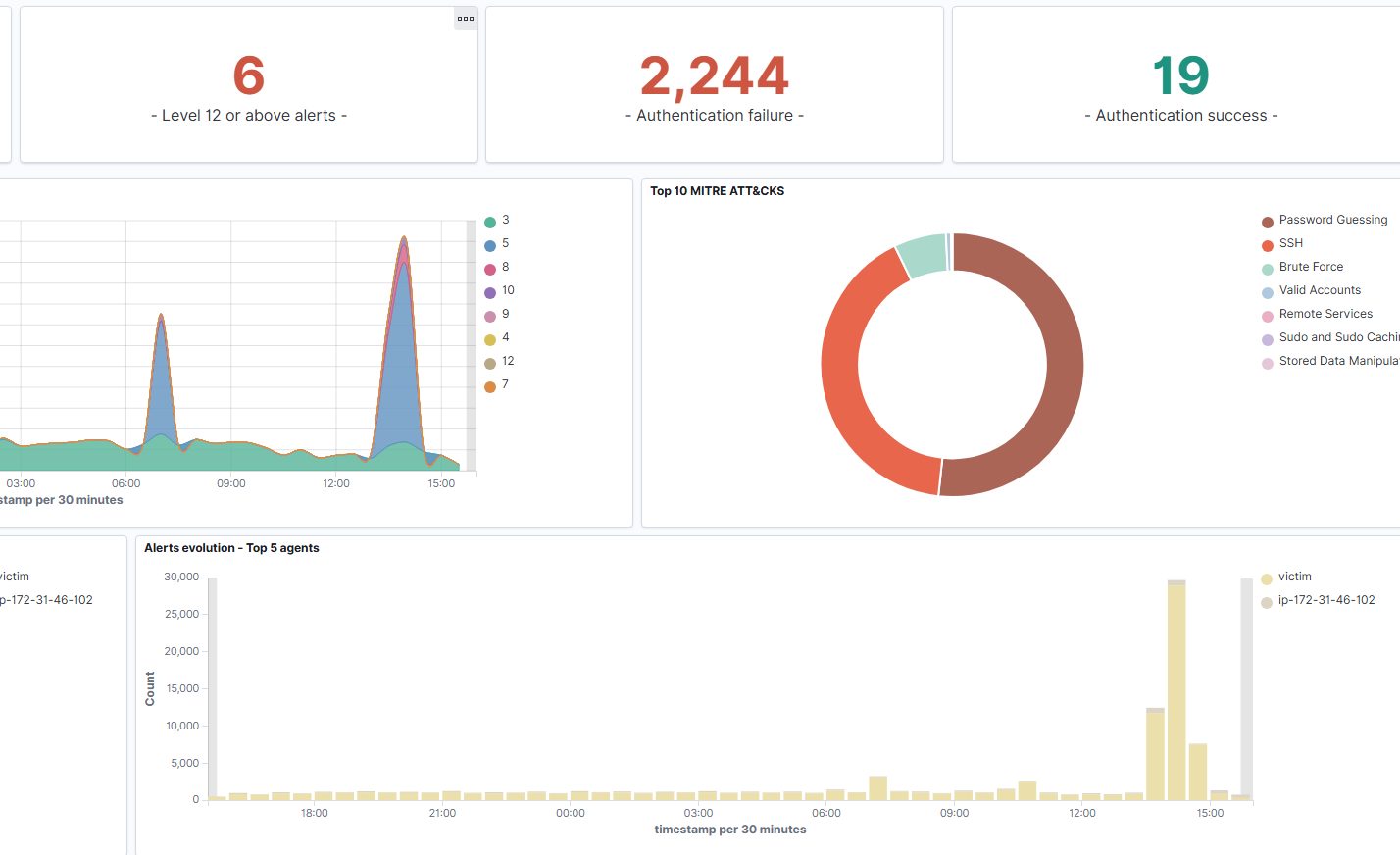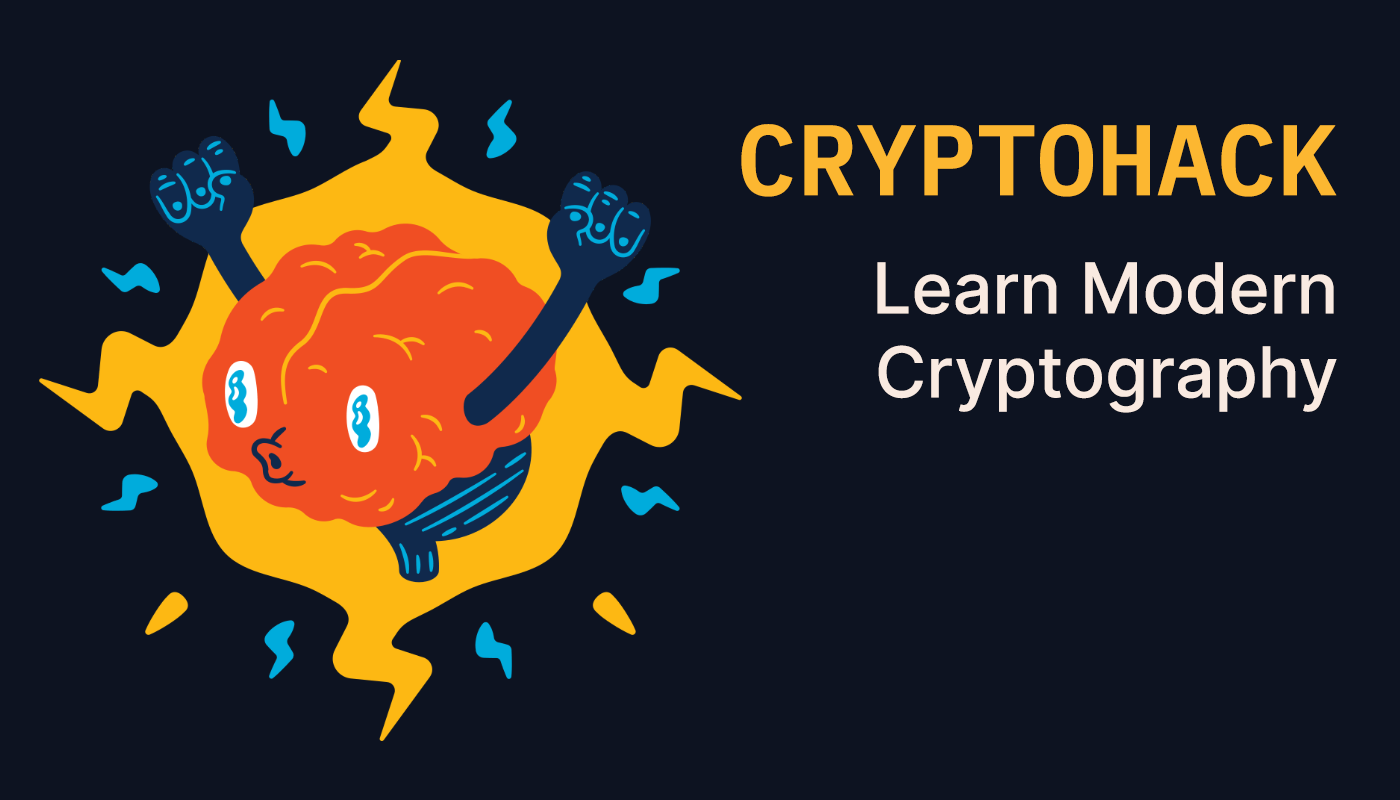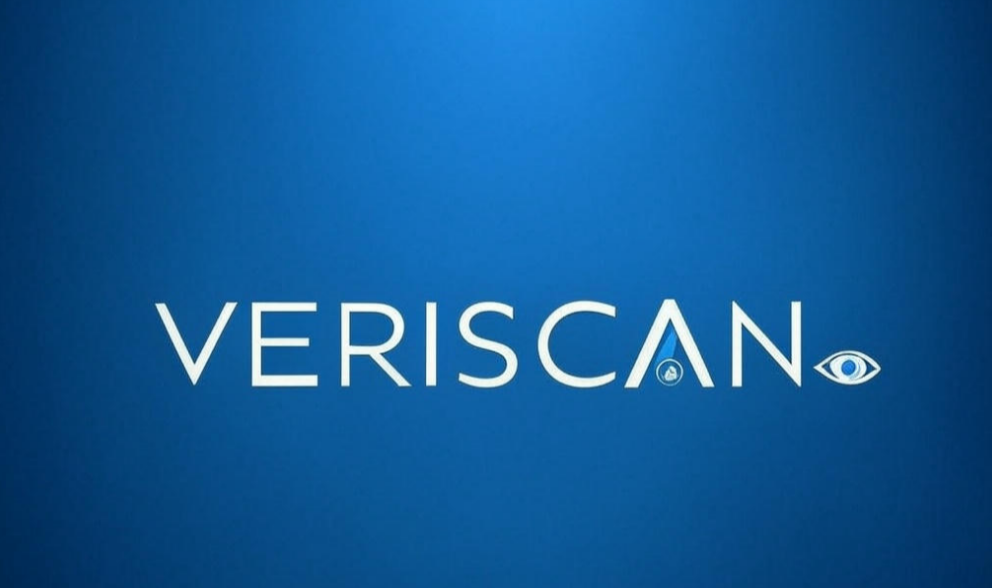VeriScan - Deepfake Detection with Explainable AI
Overview:
VeriScan is a hybrid deepfake detection system developed as our final year project at TU Dublin. With the rise of synthetic media and AI-generated content, verifying the authenticity of digital images is a major challenge, especially in legal and forensic contexts. VeriScan tackles this using powerful deep learning and explainable AI techniques.
How It Works:
At its core, VeriScan uses
XceptionNet
, a convolutional neural network architecture known for top-tier image classification. Trained on a dataset of real and fake facial images, our model accurately predicts whether an image is authentic or manipulated.
What sets VeriScan apart is its use of
Grad-CAM
(Gradient-weighted Class Activation Mapping), which creates a heatmap showing which parts of the image influenced the models decision. This boosts user trust and enables deeper forensic analysis, "making it ideal for legal and investigative use.
Key Features:
-
Image authenticity classification using CNNs
-
Grad-CAM heatmaps for visual explanation
-
Forensic indicators highlighting inconsistencies
-
Modern web interface with FastAPI backend
-
Open source and accessible to professionals
Why It Matters:
Deepfakes are being used in misinformation, identity fraud, and social engineering. Most detection tools act like black boxes, offering no insight into their decisions. VeriScan not only detects deepfakes but explains its reasoning, making it transparent, educational, and legally useful.
This project earned
2nd Place
in the
2025 Tech for Good
competition at TU Dublin and received a
B+
grade. We are proud of its contribution to ethical AI and digital evidence integrity.
Technology Stack:
-
TensorFlow & Keras for training
-
XceptionNet for image classification
-
Grad-CAM for explainability
-
FastAPI for API backend
-
HTML/CSS/JavaScript for the frontend
-
Python for integration and data handling

